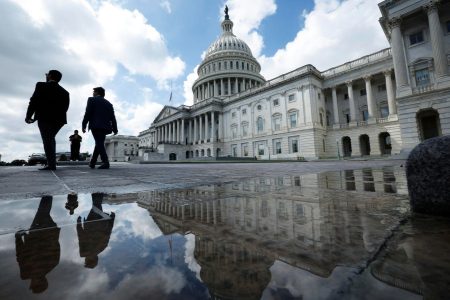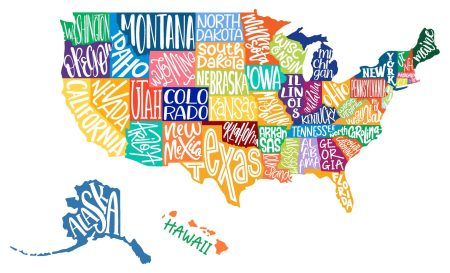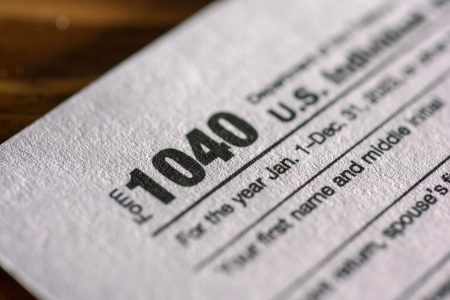Senator Ted Cruz, R-T.X. introduced the “No Tax on Tips Act” in the Senate, a bill co-sponsored by Senators Daines (R-M.T.), Cramer (R-N.D.) and Scott (R-S.C.). The bill proposes an amendment to the Internal Revenue Code to exempt cash tips from income tax through a deduction available to all taxpayers.
The act aims to alleviate the tax burden on workers that rely heavily on tips, but it also raises implications and potential reservations worth exploring.
Background
The Act’s primary functional effect is to create a new Section 224 of the Internal Revenue Code, which would allow taxpayers to deduct the amount of cash tips received from their income. This deduction would apply to both itemizers and non-itemizers—it would also not be treated as a miscellaneous itemized deduction, and would therefore bypass limitations that apply to other deductions such as the so-called 2% floor.
If passed, the new Section 224 would apply to taxable years beginning after December 31, 2024.
Implications
The Act would provide relief to service industry workers. Cash tips form a significant portion of total income for many in the hospitality and service sectors—by allowing these workers to deduct their cash tips in their entirety, the Act would increase their disposable income and could potentially improve their financial stability.
Additionally, it would provide an administrative burden boon to workers relying on tips—reporting and paying taxes on tips can be cumbersome and lead to underreporting and subsequent penalties. A streamlined process would make it easier for taxpayers to comply with tax laws and avoid additional fines and fees.
Reservations
Notwithstanding the positive effects to tip-reliant workers, the Act has the potential to deleteriously effect federal tax revenue. Tips constitute a substantial amount of income for many workers, and exempting that broad swath of income could lead to a significant reduction in tax revenue. Generally speaking losses in revenue necessitate adjustments in other areas—be they increased taxes elsewhere or reduced public spending.
More abstract effects include the equitability and fairness of exempting tips, but doing nothing to improve the standing of other low-income workers who do not receive tips but may nonetheless be living on the same or less income. Retail employees, for example, would not benefit from this reduction and may be placed in a comparatively worse position as against their hospitality and service worker counterparts.
There are also potential avenues for abuse. The Act requires tips be included on statements furnished to employers pursuant to Section 6053(a), but ensuring accurate reporting of tips as against wages remains a challenge. It may incentivize employers to shift wages, with the interests of both the employee and employer aligning in preferable tax treatment for tips.
Ultimately, the economic justification for exempting tips from taxation is debatable—they are compensation for services rendered, just as wages are. Workers that rely on tips are not necessarily in a worse economic position than their counterparts that receive all of their compensation from wages.
Exempting one from taxation and not the other could set a precedent for other types of income to seek similar treatment—it would be difficult to argue the philosophical justification for exempting $30,000 in tips for worker A while taxing $30,000 in wages for worker B.
The viability of the Act remains uncertain, leaving it unclear whether it is a genuine policy initiative or a public relations effort. Regardless, the merit of the policy remains to be seen.
Read the full article here












